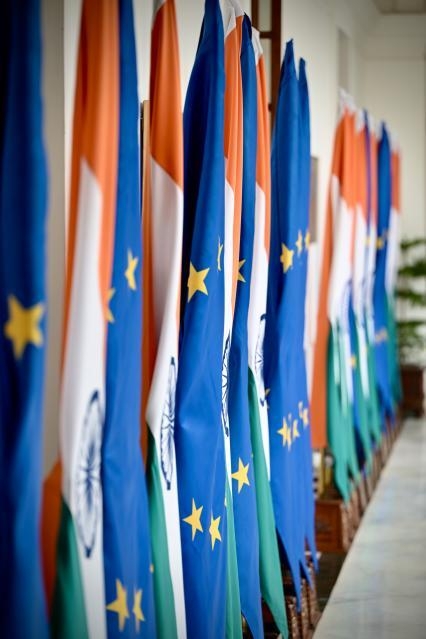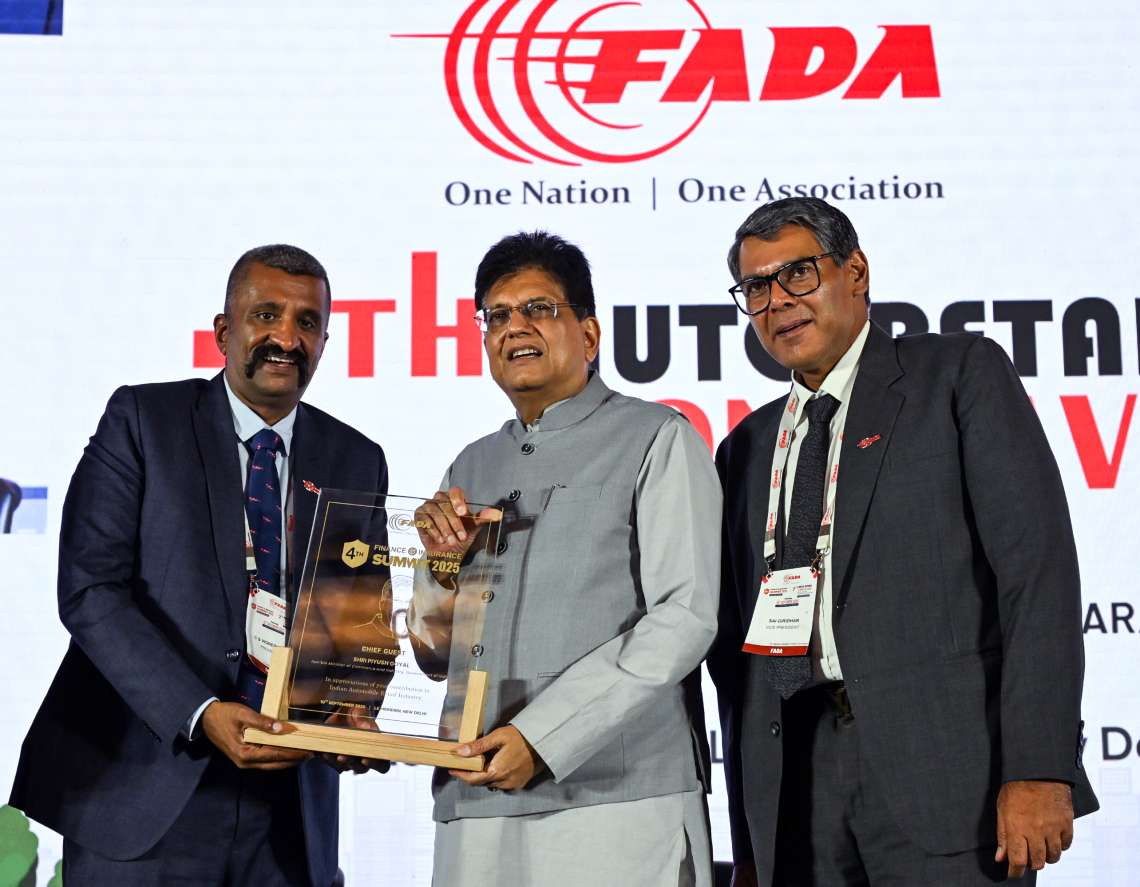Brussels meeting sees both sides vow tougher cooperation on terror financing, online radicalisation and global security…reports Asian Lite News
India and the European Union have pledged to deepen cooperation against terrorism following a high-level meeting in Brussels this week, with both sides vowing to tackle cross-border threats and emerging risks ranging from terror financing to online radicalisation.
The 15th Joint Working Group on Counter-Terrorism (CT), held on Wednesday, was co-chaired by Maciej Stadejek, Director for Security and Defence Policy in the European External Action Service, and KD Dewal, Joint Secretary for Counter-Terrorism at India’s Ministry of External Affairs. Officials described the dialogue as “fruitful” and reiterated that terrorism remains a global menace requiring collective and sustained action.
At the heart of the discussions was the deadly 22 April 2025 terrorist attack in Pahalgam, which claimed the lives of several civilians. The European Union once again offered its condolences to India and condemned the killings, echoing New Delhi’s long-standing position that terrorism in all its forms must be rejected without distinction. Both sides noted that regional instability and conflicts continue to provide fertile ground for extremist networks.
In a joint statement issued by the Indian Ministry of External Affairs (MEA), the two delegations “reiterated their strong condemnation of terrorism in all its forms and manifestations, including cross-border terrorism,” stressing that no justification could ever legitimise acts of violence against civilians.
The dialogue, held against the backdrop of rising global security challenges, enabled a broad exchange of assessments on domestic, regional and international threats. India and the EU emphasised the need to enhance cooperation in multilateral platforms, including the United Nations, the Global Counterterrorism Forum (GCTF) and the Financial Action Task Force (FATF). Both sides underscored that international frameworks remain crucial to tackling transnational terror networks and disrupting financial channels that sustain them.
A key focus of the meeting was how emerging technologies are being exploited by terrorist organisations. Officials reviewed measures to counter online radicalisation, cyber-enabled propaganda and the misuse of encrypted platforms. They also discussed strategies to identify and designate terrorist groups and individuals more effectively.
On countering terror financing, the delegations exchanged updates on their respective regulatory regimes and enforcement practices. India highlighted its steps to tighten scrutiny on financial flows and crack down on shell entities used to channel funds to extremist groups. The EU presented its latest legislative initiatives designed to strengthen anti-money laundering oversight and freeze assets linked to suspected terror activities.
According to the MEA, the talks also touched upon capacity-building, law enforcement cooperation and intelligence-sharing. Both sides explored ways to deepen operational collaboration, with an eye to preventing attacks before they materialise. Officials said that by aligning their approaches, India and the EU could increase resilience against complex, cross-border plots.
The meeting further underlined the shared recognition that terrorism is not confined by geography. European officials expressed concern about instability in regions such as the Middle East, Africa and parts of Asia, warning that protracted conflicts create opportunities for extremist ideologies to flourish. India stressed its experience in dealing with cross-border terrorism and pointed to the urgent need for a zero-tolerance approach across the international community.
The Brussels dialogue, which builds on over a decade of structured cooperation, was described by diplomats as evidence of a growing strategic partnership between India and the EU. Both sides identified new areas of collaboration, including enhancing information exchange on the movement of foreign fighters, tackling extremist recruitment networks and assessing the risks posed by advances in artificial intelligence and other disruptive technologies.
Looking ahead, the delegations agreed to maintain momentum and meet again in New Delhi at a mutually convenient date. Officials suggested that the next session could result in more concrete proposals for joint training programmes and collaborative research into counter-terrorism tools.
In a public message on X (formerly Twitter), EU Ambassador to India, Herve Delphin, welcomed the outcomes of the talks. “The EU and India standing and working together in addressing the scourge of terrorism. Fruitful meeting in Brussels on the occasion of the 15th EU-India Counter-Terrorism Dialogue,” he wrote.
Analysts said the timing of the meeting is significant. With global security anxieties heightened by instability in several flashpoints, closer counter-terror coordination between Europe and India signals a recognition that terrorism remains a shared threat. By combining resources, intelligence and diplomatic influence, the two sides aim to project a stronger united front.
For India, securing explicit acknowledgement of the dangers of cross-border terrorism by a major bloc such as the EU marks a diplomatic gain. For Europe, strengthening ties with India not only enhances its counter-terror architecture but also broadens cooperation with one of the world’s fastest-growing economies and a key Indo-Pacific partner.
As terrorism evolves and adapts, both sides acknowledged that countering it must involve not only stronger policing and intelligence, but also addressing the root causes that allow extremism to take hold. The Brussels dialogue, officials suggested, was another step in a long-term partnership that recognises the complex, global nature of the threat.













